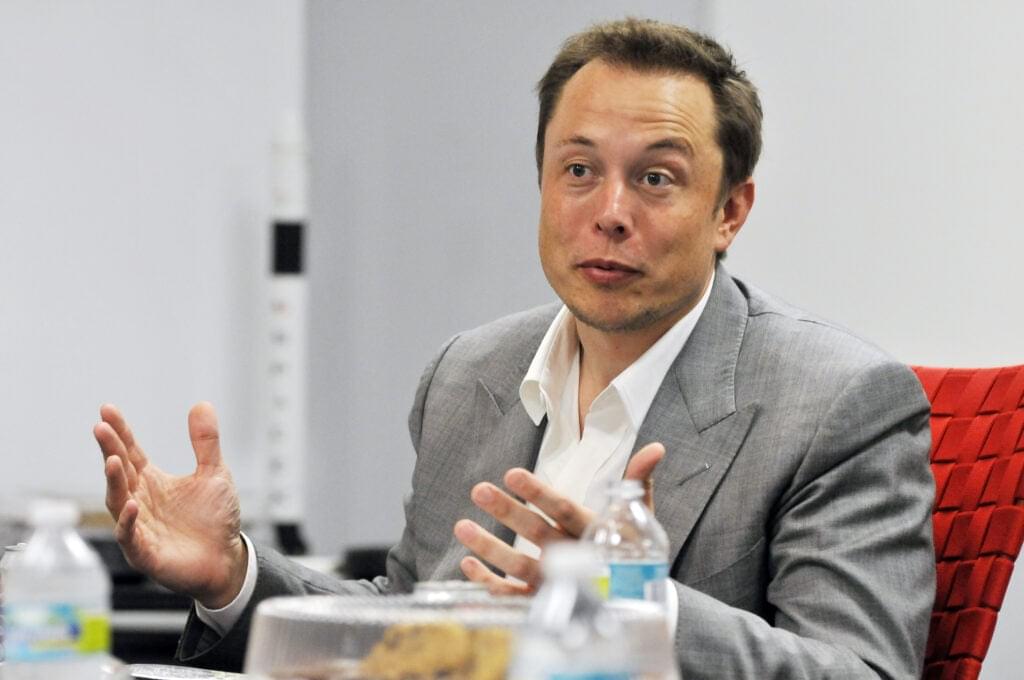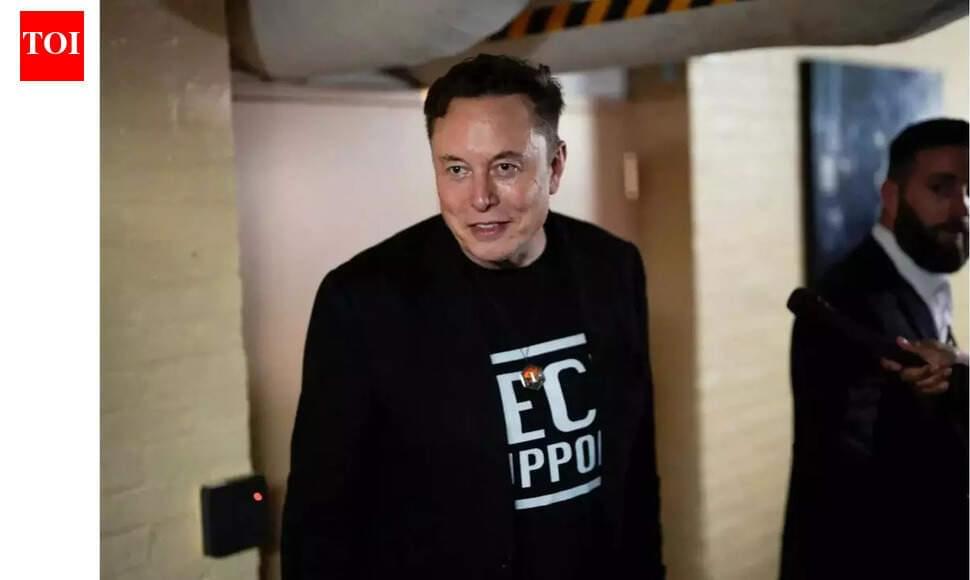Elon Musk’s lawsuit against OpenAI aims to expose the company’s alleged abandonment of its non-profit mission and potential shift to a for-profit model, sparking a heated dispute over the company’s future and integrity ##
## Questions to inspire discussion.
Understanding the lawsuit timeline and stakes.
🔍 Q: When is Elon Musk’s lawsuit against OpenAI going to trial and what is he claiming?
A: The lawsuit is set to go to trial in April 2026, with Musk arguing he’s owed billions from the value of intellectual property developed from his contributions as the primary funder who wanted OpenAI to remain nonprofit and open source.
📄 Q: What evidence exists in Greg Brockman’s personal files from 2017?

